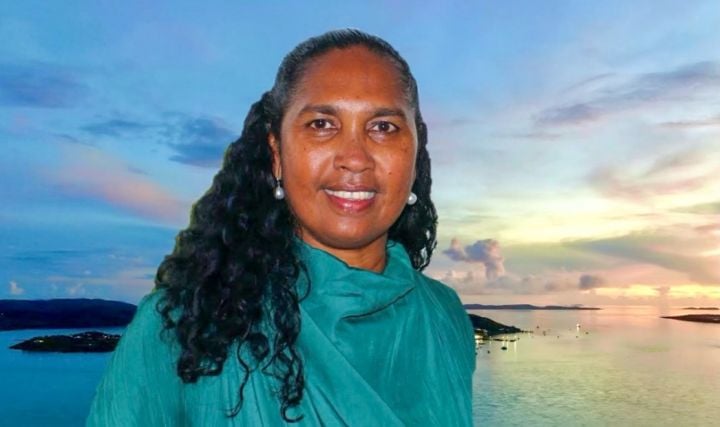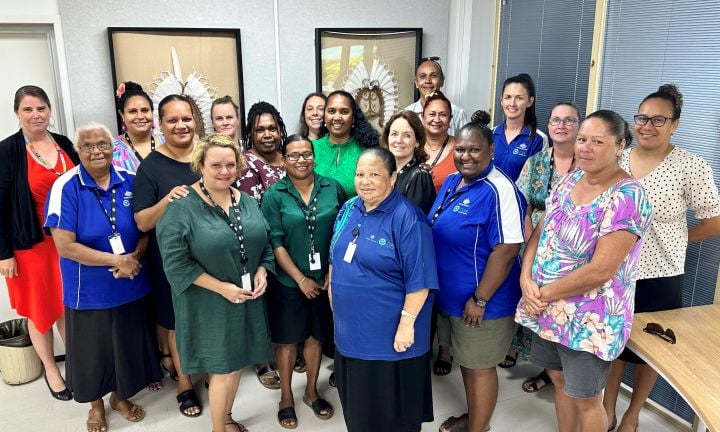
Torres Strait Regional Authority (TSRA) Chief Executive Officer Vonda Malone has resigned to accept a new appointment as Inquiry Member to the Queensland Government’s newly announced Truth-telling and Healing Inquiry.
Her resignation takes effective from close of business today (Thursday 23 May 2024).
Ms Malone said it had been a privilege to lead the TSRA Administration over the past two years to manage programs and activities progressing towards Closing the Gap Priority Reforms and socio-economic outcomes across the region.
“I am extremely proud that as a team we have achieved considerable milestones and refreshed the TSRA foundation to better serve the Torres Strait region, including Bamaga and Seisia communities in the Northern Peninsula Area, well past 30 years of TSRA’s operations,” Ms Malone said.
“I would like to thank the TSRA Board, Executive Program Management Team, rangers and staff across all program areas and corporate services for their commitment, professionalism and support.
“It has been an honour to serve our people and region, and I am looking forward to continuing that in the capacity of my new role,” she said.
TSRA Chairperson Napau Pedro Stephen AM said the recruitment process for a new CEO would commence as soon as possible, with Mr Charlie Kaddy appointed as interim Acting CEO by the TSRA Board and Minister for Indigenous Australians Linda Burney MP.
Ms Malone commences her new appointment on 1 July 2024.
About TSRA
As one of the most remote Australian Public Service (APS) agencies, the TSRA supports programs across the Torres Strait region, including 17 inhabited islands of the Torres Strait and the communities of Bamaga and Seisia on the Northern Peninsula Area of mainland Australia.
The Torres Strait stretches 150 kilometres northwards from Cape York Peninsula to Papua New Guinea (PNG) and up to 300 kilometres from east to west.
TSRA operates under the direction of a democratically elected Torres Strait Islander and Aboriginal Board, comprising of 20 members representing the communities of the region.
It currently has the highest level of female representation since its establishment, with 6 women representing the communities of Bamaga, Seisia, Kubin, Masig, Warraber and Saibai.
Learn more about the TSRA at www.tsra.gov.au or on Facebook.


